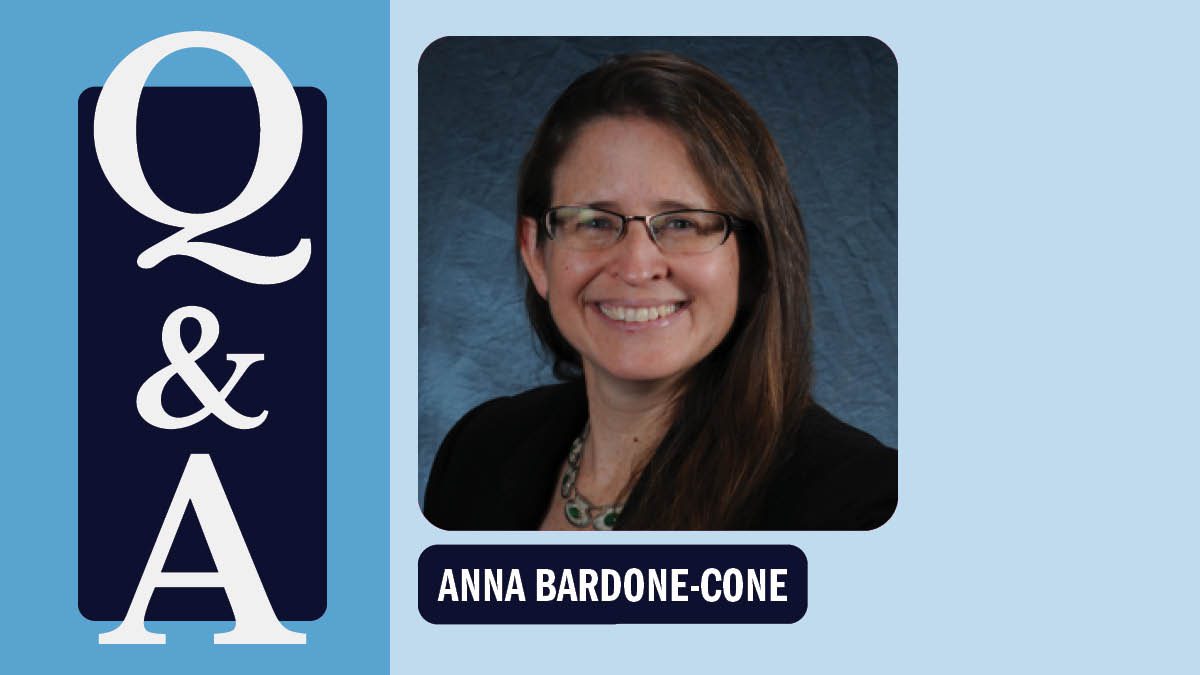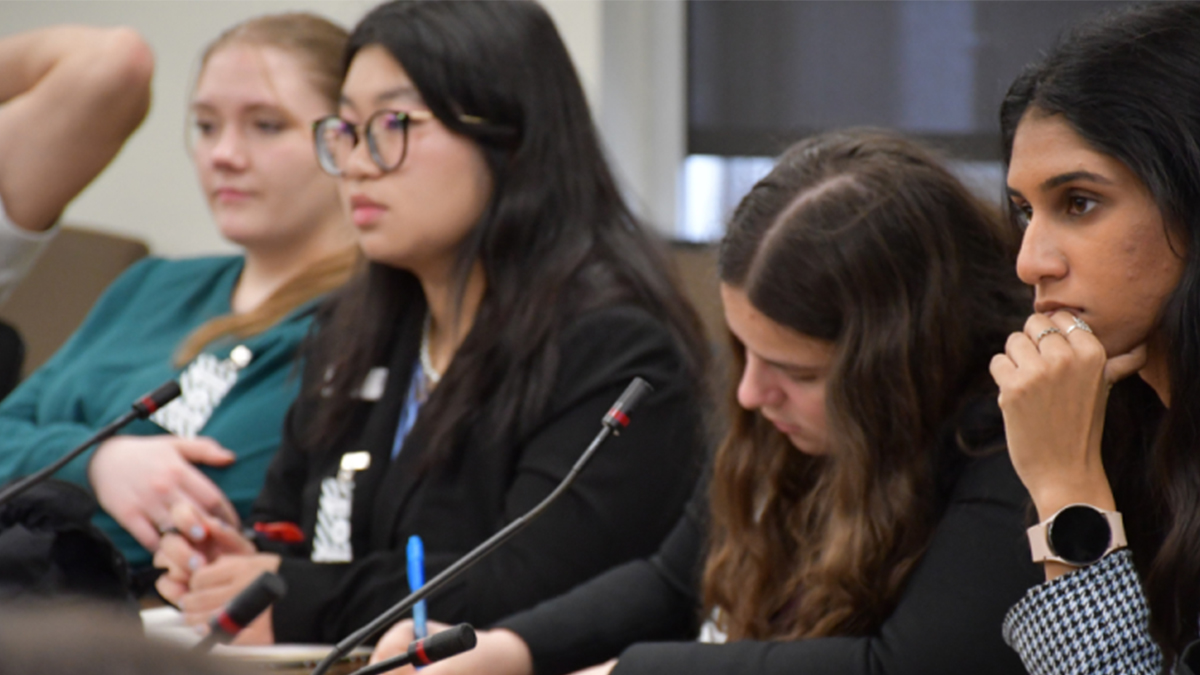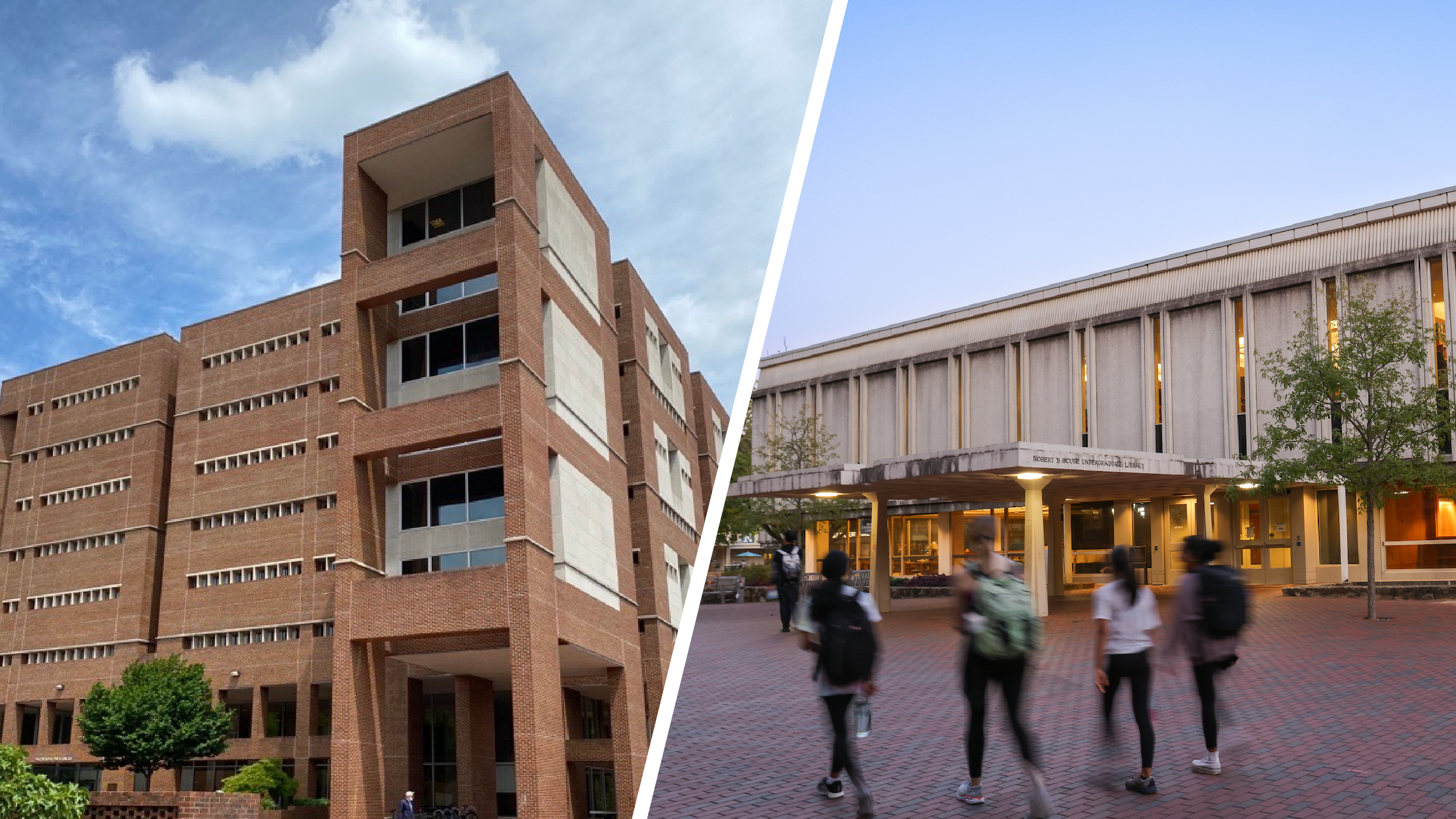Body image expert offers tips for healthy eating
Anna Bardone-Cone’s lab focuses on eating disorders, particularly in diverse populations.

The busy nature of college students’ lives sometimes means making good decisions about food can be difficult. Social media’s vast influence also provides never-ending points of comparison about our eating habits and bodies.
Anna Bardone-Cone, professor in the College of Arts and Sciences’ psychology and neuroscience department, runs the Bardone-Cone Lab. Her team’s work focuses on eating disorders, particularly in diverse populations.
She’s a Thorp Faculty Engaged Scholar and previously taught the first-year seminar Body Image and Eating Disorders.
Bardone-Cone shared more about her research and advice for college students regarding healthy eating.
What prompted your interest in researching eating disorders?
In graduate school, I took a class where we had to develop a measure to test something. I developed one related to what people expect out of a binge eating experience. I was interested because in many ways the experience is pretty aversive, yet people turn to it.
At some level, eating and body image affects every woman I know. It’s not just women either. There are social forces that contribute to the problem but also can be used for good. Eating disorders have been around for years and years, but it’s relatively newer as a focus of psychological research.
What are the biggest things you’re working on right now?
One is called the South Asian Body Image study. We were struck by how little research there was on that group in eating disorders and body image. We thought it was a neat opportunity to ask questions that have been asked in primarily white samples, but also to look at questions that are more culturally relevant.
Another study looks at eating disorder recovery and how to define that. The piece we’re adding to define recovery more comprehensively is the cognitive recovery part, which means you’re not having the same eating disorder thoughts about your body, what you ate, what you’re going to eat.
How important is inclusive research to your work?
If you don’t see that people like you in certain identity variables have struggles, you might feel more alone or less likely to reach out. I think it’s necessary to include diverse people in research to get a better understanding of the struggles, what factors are unique, what are not, and to make sure health care professionals don’t overlook eating disorders.
What did you hope to accomplish in your first-year seminar?
What you can do is change to what degree you compare with others, or you can work on your perfectionism, or you can be more critical of the media and the messages social media sends. I try to bring in guest speakers that provide certain perspectives. We paired up with Carolina Performing Arts to attend an Alvin Ailey Dance Company performance and take a movement class as a way of getting us back to focusing not so much on appearance but what your body can do.
What can college students be doing to develop and sustain healthy eating and body image habits?
One thing is eating regularly. There’s no inherently forbidden or bad food. If there are times when you feel like you overdid something, have some self-compassion because that’s OK. We all do that every once in a while. Try to focus less on how your body looks and more on how your body feels and what your body can do. I’m very anti-weighing yourself. It’s a number, it shouldn’t hold sway over you.
For some, it may always be a struggle. But we know from our research there are people who had eating disorders and get to a point where they’re indistinguishable from people who’ve never had a disorder in terms of perfectionism and other ways of thinking about the body.







